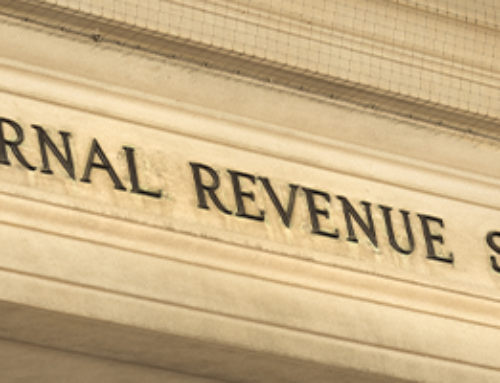When you accumulate so much debt that it becomes unmanageable, bankruptcy is a viable option to help you get control of your finances. But often times, bankruptcy is a concept that instills fear and shame in people. You might worry about how it will affect your financial standing in the years to come.
One of those fears relates to how bankruptcy will tank your credit score. However, while it’s important to note that your credit will take a hit, the effects of bankruptcy don’t last forever.
How Long Will Bankruptcy Remain?
Whether you file Chapter 7 or Chapter 13, your credit score will likely drop significantly once you file. The reason people think bankruptcy lasts forever is because bankruptcy stays on your record for years, which means your credit score will remain affected over the course of that time. Chapter 7 is likely to remain on your record for up to 10 years. Chapter 13 can remain up to seven years.
The Impacts of A Low Credit Score
It can be difficult to navigate life after filing for bankruptcy. You’ll likely have to make significant changes in your spending and saving habits. Not only that, though, having a low credit score will make it more challenging for you to apply for loans and other money-lending services. You may even have difficultly renting an apartment, finding a phone plan and sometimes even getting a job.
Rebuilding Your Credit Is Possible
However, just because your credit score takes a hit does not mean your life is over. In fact, the negative impacts that bankruptcy can have on your credit score usually lighten within the first few years of filing, especially when you practice smart credit habits. This includes opening a new line of credit, staying on top of your new credit card payments and keeping your spending to a minimum.
Manage Your Debts Now
When you file for bankruptcy, it can be stressful and scary. It is a process that requires patience and smart strategizing. And while you’ll certainly need to make sacrifices in order to embark on a fresh financial start, doing so can help you begin to successfully rebuild your credit score and get back on your feet.





